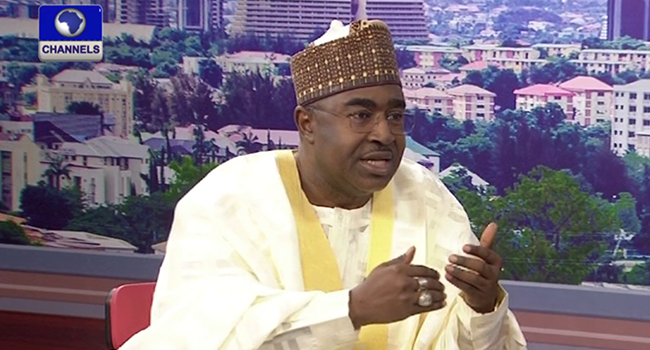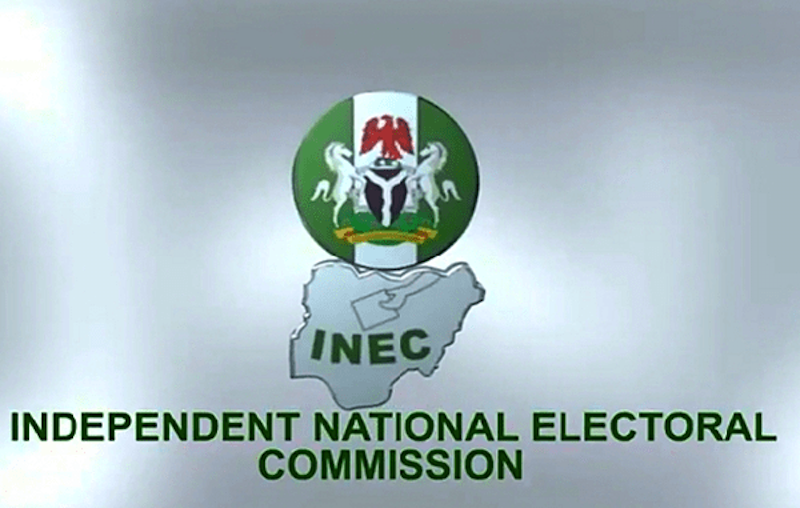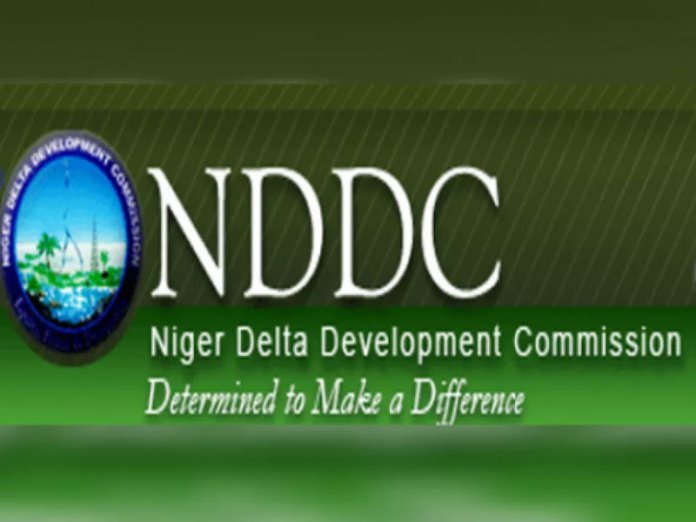The Nigerian Deposit Insurance Corporation (NDIC) has revealed that bulk of the non-performing loan by commercial banks are insiders loan given to directors of the institutions, who would be fired according to a new Code of Corporate Governance approved by the Central Bank of Nigeria (CBN).
Mr A.A Adeleke, Director, Bank Examination Department of the NDIC, made this disclosure while speaking on the topic, ‘Curtailing the Growth of Non-performing Loans in Banks’, at the just concluded workshop for business editors and finance correspondents in Kano.
Adeleke said: “The new code was instituted to address the rising cases of insider bad loans, which not only represent a conflict of interest, but are against the prudential guidelines for the industry.”
Regrettably, between 1994 and 2011, we closed down over 50 banks, and what we discovered over time is that most of the loans that dragged these banks down where insider loans given to their directors.”
It could be recalled that the Managing Director of NDIC, Umar Ibrahim, had said that bank directors were responsible for 40 per cent of the N1.85 trillion non-performing loans or bad loans in banks.
He also revealed that directors were responsible for about 40 percent of N139.45 billion bad loans in microfinance banks and mortgage banks.
There has been growing concern over the increasing wave of non-performing loans (NPLs) particularly delinquent insider related facilities in various banks and the consequences on the stability of the nation’s banking system.
Ibrahim stressed that while the banking industry indicated strong fundamentals in regulatory assessment and rating, regulators were concerned about the rising tide of NPLs in the banking system.
As at December 2016, the 25 Deposit Money Banks (DMBs) had a total loans portfolio of N18.53 trillion out of which N1.85 trillion or 10 per cent were NPLs where N740 billion or 40 per cent constituted insider/directors related loans. That was far above the regulatory threshold of 5 per cent for the DMBs.
The economic recoveries witnessed in the first half of 2017 did not shield the banking sector from some adversities in the form of rising bad loans. Industry stakeholders have said that the impact is still being felt negatively as bank customers were not able to meet their financial obligations on loan repayment, resulting to 14 banks booking N177.3 billion impairment losses for the period.
Adeleke disclosed that while the current economic growth is expected to ease the impairment on the banks, the NDIC will tighten its nose around supervision with the introduction of the “expected loss rules” which will compel the banks to make provision for performing loans that are expected to go bad as a result of a prevailing situation.”





